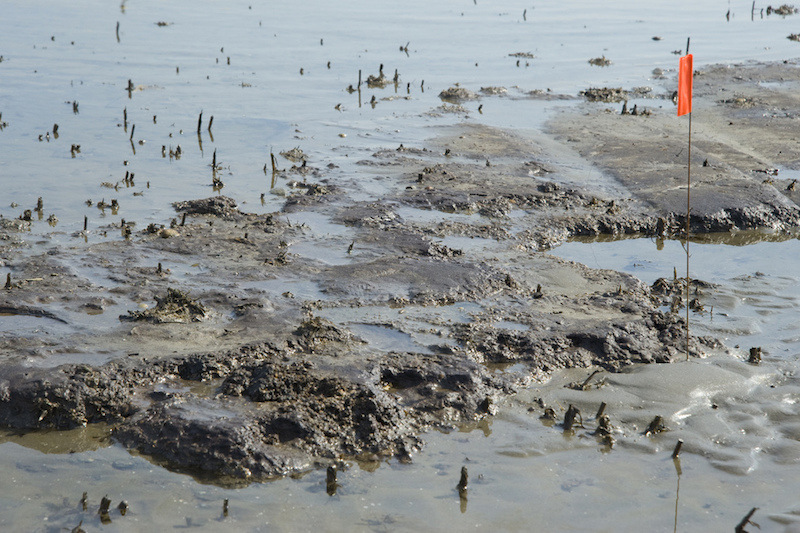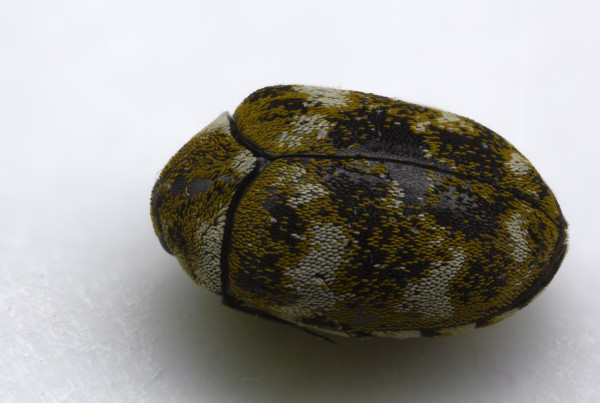Next month will mark six years since the BP Deepwater Horizon oil spill. The message up until now from environmentalists and other experts has been that the damage is still visible.
While that’s still true today, scientists are also now ready to say that damage is “dramatically diminished.” That was the word this past week at the Ocean Sciences Meeting in New Orleans.
Ed Overton, professor emeritus at Louisiana State University, has been following the environmental impact of the spill since it began in 2010. He says that the casual observer wouldn’t be able to see signs that a massive oil spill happened six years ago.
“If you fast forward to now … you’ve got to look pretty hard to even find traces of that oil,” Overton says. “Now, we’ve been studying it, so we know where to go, but if a casual outsider would go down there, they wouldn’t know that there’s been this massive oil spill.”
Over the years, the oil has slowly been filtered out of the ecosystem. Since the hydrocarbons that make up oil don’t get passed up the food chain, Overton says, the damage diminishes over time.
“The good news is that Mother Nature has natural mechanisms to degrade these hydrocarbons, and those mechanisms have kicked it in high gear after the spill,” he says.
That’s because oil is actually a natural substance, he says. Oil seeps into the Gulf from the ocean floor, albeit in much smaller amounts. The danger of oil spills, Overton says, is that the volume can overwhelm the ecosystem’s capacity to deal with the oil.
“Natural (oil) seeps into the Gulf of Mexico account for something like 50 million gallons a year,” Overton says. “Now, when you have a spill the size of the Deepwater Horizon, you overload mother nature’s capacity to handle it and that’s when the damage starts occurring. But people who predicted decades and centuries (of damage) just simply were not in touch with the facts of the nature of the material that makes up oil.”
Listen to the full interview in the audio player above.















